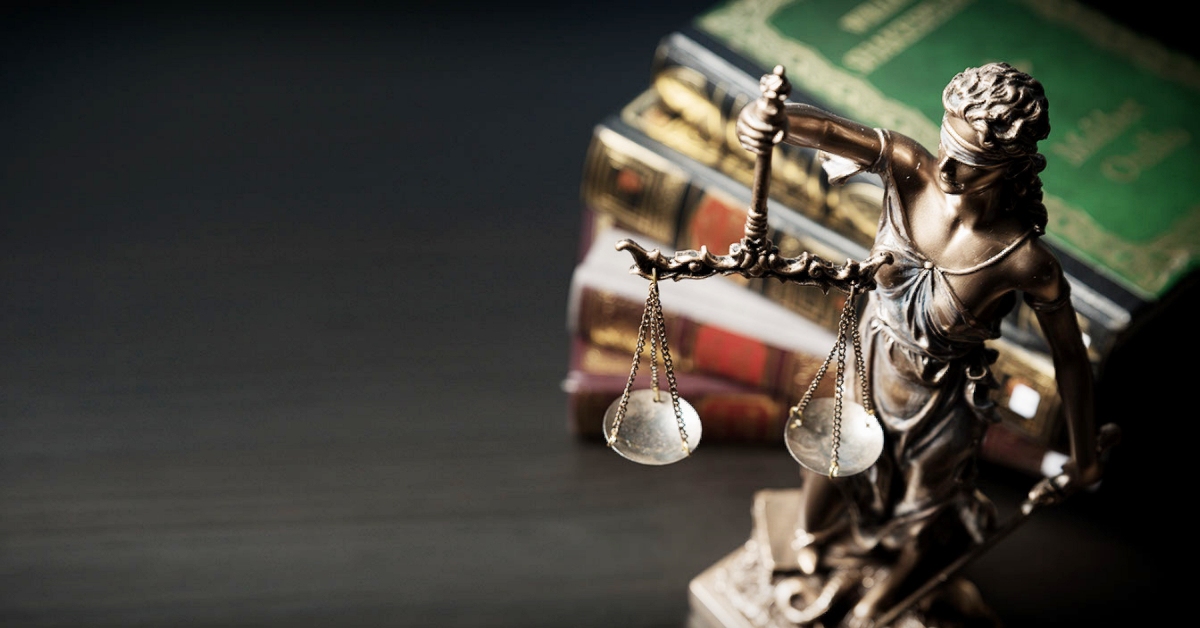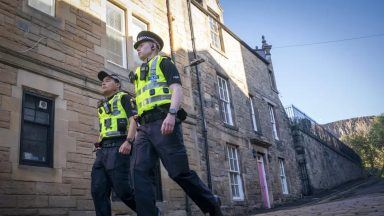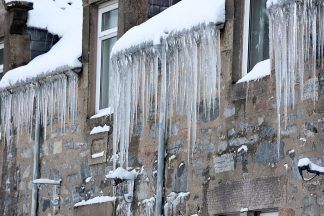A panel of nine of Scotland’s most senior judges has paved the way for more rape cases to be potentially brought to trial.
They have ruled evidence of things said by a complainer in the aftermath of an incident can be used to corroborate the allegation – even if there is no visible distress.
It has been welcomed by campaigners who say people react to trauma in different ways.
It comes after Scotland’s top lawyer, Lord Advocate Dorothy Bain, launched a bid to change the rules around evidence and corroboration.
Bain had asked the Court of Criminal Appeal to overturn a ruling made in 1997 by five judges over distress in rape cases.
To secure a rape conviction in Scotland it must be proven beyond reasonable doubt that the person on trial was the perpetrator of the crime, there was no consent involved and that the physical act of rape took place.
Under the 1997 ruling, independent evidence of an alleged victim’s distress can only be used to prove a lack of consent.
Bain, Scotland’s top law officer, sought to change those rules so that a statement made by the alleged victim in the aftermath of an incident can be corroborative on its own – without visible distress.
On Wednesday, a ruling from Scotland’s highest court agreed.
“This is landmark ruling that should make it easier to get rape cases to court,” said chief executive of Rape Crisis Scotland, Sandy Brindley.
“Most reported rapes never make it as far as court, and the most common reason is lack of corroboration.
“What is most welcome about today’s judgment is the removal of the requirement for visible distress.
“While some rape victims are visibly distressed immediately afterwards, many are not because trauma can impact people differently.”
The matter was brought in the wake of two sexual offences trials from last year that resulted in majority not proven verdicts.
In a written opinion published on Wednesday, Lord Justice General Lord Carloway said the 1937 decision in Morton v HM Advocate was correct and should not be overruled “but the dicta on the corroborative effect of a de recenti statement is disapproved”.
He said it is not now disputed that a de recenti statement is corroborative on its own – that is, in the absence of distress – and: “If a de recenti statement is corroborative, it is capable of proving the occurrence of the crime and the identity of the perpetrator.
“A statement ceases to be de recenti when it ceases to be ‘recent’ following upon the commission of the crime, or is not provided to the first natural confidante as described in this opinion.”
The case, heard at the Court of Session in Edinburgh in June, followed on from the Lord Advocate’s Reference No.1 of 2023, which resulted in the court ruling that evidence of a complainer being distressed shortly after an alleged offence is capable of corroborating their account of what happened.
Lady Dorrian, the Lord Justice Clerk, said she was in “complete agreement” with Lord Carloway.
She wrote: “It would be utterly illogical to treat some of what a complainer said as corroborative (as to the commission of the crime) but some as lacking that quality (anything said in respect of the identity of the perpetrator).
“If the statement has the necessary quality to be accepted as a de recenti statement, as opposed to a subsequent narrative account of facts remote from the events and after time for reflection, then it has corroborative value, in its entirety.”
Six other judges agreed with Lord Carloway, however Lady Paton raised concerns around the issue of identification.
She wrote: “Corroboration of identification evidence in the sense of evidence from other independent sources – extrinsic to the complainer – provides a salutary safeguard.”
Follow STV News on WhatsApp
Scan the QR code on your mobile device for all the latest news from around the country


 iStock
iStock

























